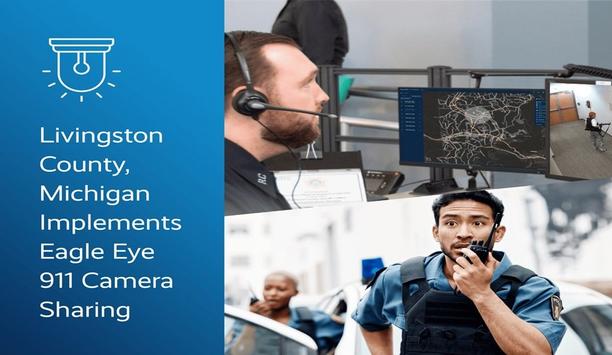The July 7 bombs in London were small-time stuff, it is claimed; and worse is to come, according to a security consultant.
David Rubens of north London-based Meido was, ironically, in central London attending a police anti-terrorism seminar on the morning of July 7 when the police asked attenders to clear the building. David told Professional Security : “I have been in cities under attack before; and [on July 7] there was absolute normality. People were hanging around; going to McDonalds; all the mobiles were down; but there was no panic whatsoever.” Already arranged before July 7 was Meido's two-day terrorism awareness and crisis management seminar, on July 18 and 19.
‘We were lucky'
David had only praise for the emergency services and others' handling of the attacks; for example, that the transport system was running the day after, even on the evening of the attacks. It was a big decision, for instance, not to close the Stock Exchange. Although July 7 was a rush hour attack, yet there was neither massive disruption nor destruction: “We were very, very lucky; it was disruption rather than destruction; and the big one is still to come.” What of the point that media news of the attacks came quickly, and that there was an (understandable) demand for information - people fearing loss of family, people wanting to know how to travel - a demand for information that could be overwhelming to the authorities? “I felt that the recovery operation, the information operation was very well handled. By 3pm you had a panel of police and fire and transport people, live on the radio.”
Secondary targets
And what of the sheer numbers of people around, inevitably, after such an attack - and the danger of them being struck by another bomb, and flying glass? David made the point that this hitting of secondary targets was well-known from Palestinian attacks. To David, this was a sign that ‘we got away with it' on July 7 - for instance, that the bus bomb did not go off on Oxford Street . He stressed that terrorist bombers are getting very sophisticated, well-trained, know their history, and know what they are doing.
Vigilance
What lessons to learn? David said: “It's all about vigilance,” and quoted approvingly a line by former Metropolitan Police Assistant Commissioner David Venness - now United Nations Under-Secretary-General for Safety and Security, in New York: “Security management is the management of complacency. ” A final comment of David's threw interesting light on the argument as to whether there was an intelligence failure that allowed the London bombs. David's view was that still people are not taking the threat seriously enough; and that evacuations because of suspicious packages would go on only for a few days or weeks. He queried the terror awareness of people ‘on the ground floor' - security guards, and office workers. If someone was walking around with a five-kilo bomb in a rucksack, would someone not notice the bomber's peculiar behaviour?
RUSI analysis
Despite general appreciation for the work of the emergency services, there were shortcomings. In a statement, the Royal United Services Institute said: “... despite years of investment in counter-terrorism measures, major vulnerabilities and shortages remain. British mobile phone operators' networks could not satisfy demand as the crisis hit the British capital; additional ambulance services had to be brought in from outside London and no precise figures on the casualties could be released for many hours after the attacks.”

















